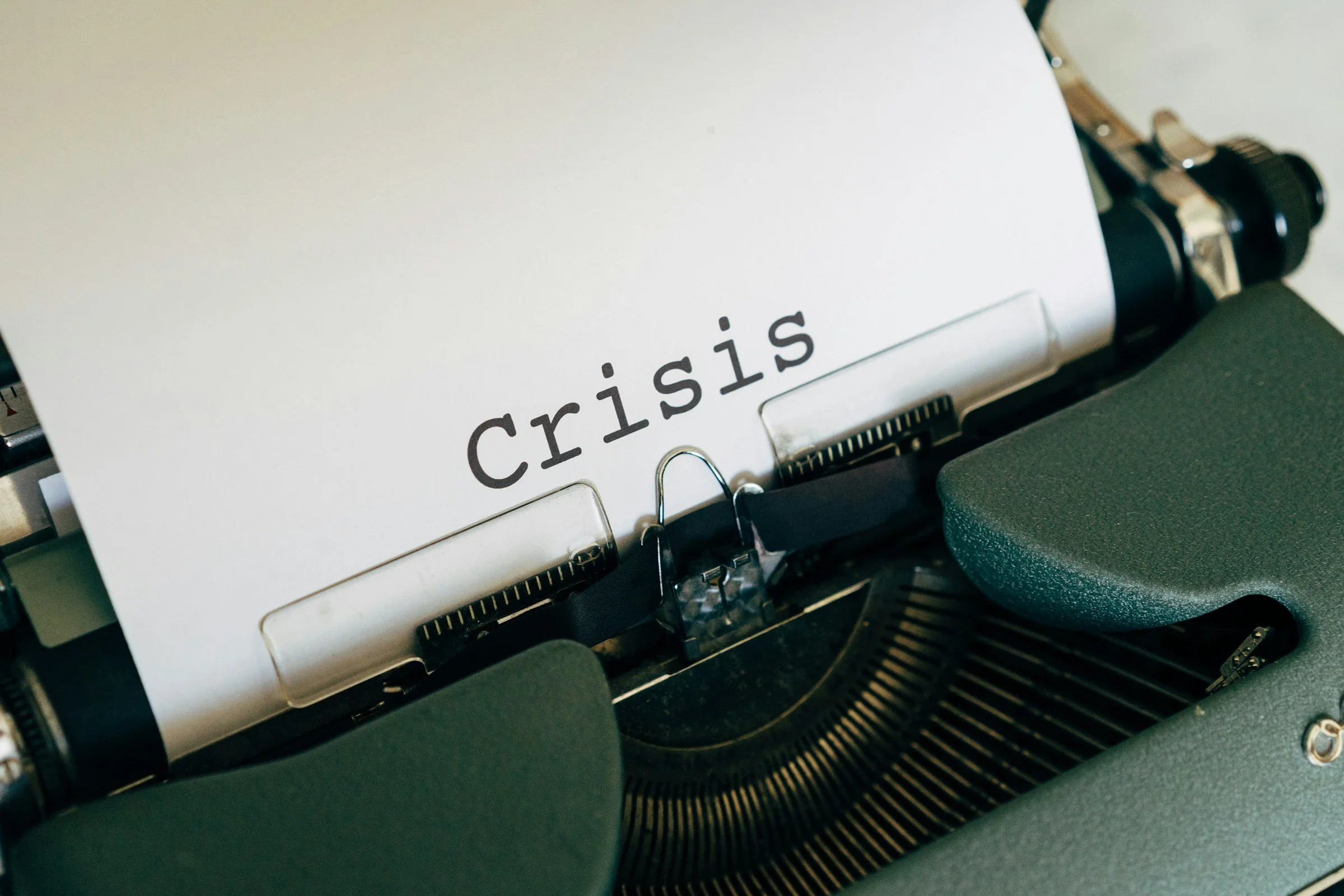From panic to poise: the power of training in crisis communication
When a crisis hits, your spokesperson becomes the face of your organisation. How they show up can either build trust or break it.
I’ve seen the most confident executives falter under pressure, while more quiet leaders step up in the moment. It often comes back to training and preparation.
It’s a strategic imperative to ensure your spokespeople are trained and ready for these moments. If they have the right messages and deliver them in the right way, it can save or even strengthen a business’s reputation.
How do you prepare?
Preparation isn’t just a box to tick, it’s the foundation of confident communication. When the stakes are high, spokespeople need more than just a message. They need to know how to deliver it under pressure, in real time, and across multiple channels.
That’s why effective training goes beyond theory. It involves mock interviews that simulate the intensity of a live media encounter, social media drills that test responsiveness and tone, and realistic scenarios that challenge decision-making and message discipline.
These exercises build muscle memory. They help spokespeople stay composed, empathetic, and on-message when it matters most. Because when the moment comes, there’s no time to rehearse. You either rise to it, or you don’t.
Do executives have time for role play?
It’s hard for anyone to find time to train for hypothetical situations, especially busy executives and spokespeople.
It’s much, much easier to simply hope a crisis never arises.
However, there are many “former” executives out there wishing they made the time to be more prepared.
The reality is media interviews are different to any other kind of communication. They might be able to speak to an audience of thousands, or have a commanding presence in any kind of meeting, or be able to be at the centre of any social conversation. But that doesn’t mean they’ll naturally have the ability to consistently deliver a set of tight key messages in a time of crisis no matter what difficult questions are thrown at them.
I’ve been involved in hundreds of media trainings. In each one I saw significant improvement from the first mock interview practice compared to the last.
The executives who take this seriously and continue to practice are the ones who deliver in the most chaotic situations.
And of course this isn’t just about traditional media prep. In a time where everything is on the record and information can spread from anywhere – your spokespeople need to be prepared for everything from staff engagements and customer communications to social media and public events.
It’s not all about gotcha moments
You see media training mentioned in movies all the time. It’s got a wrap for turning people into robots or stonewalls, ready to shut down any journalist question.
But it’s 2025 - trying to shut down a story is typically the most effective way to draw mass attention to it.
Media training is about understanding the media and what they’re after. It’s about learning what is required to connect with your audiences through media channels, whether that is showcasing your personality or delivering a message with genuine empathy. It’s about understanding how your business’s narrative – in a time of crisis or promotion – can cut through the chaos and have a meaningful impact.
And yes, sometimes it is about not saying the wrong thing. Journalists are good at putting spokespeople in difficult situations, but it doesn’t always mean there is genuine wrongdoing behind it.
I’ve seen executives fall into a world of trouble for poor media performances, even though their companies were doing all the right things. It comes down to spokespeople not being prepared, and not having the experience, skills and knowledge to avoid the traps and deliver successful interviews.
Media coaching, crisis simulations, and social media drills help spokespeople build the muscle memory they need to perform under pressure. It’s not about scripting every word, it’s about preparing people to think clearly, respond authentically, and stay aligned with the organisation’s values when the spotlight is on.
What good looks like
Best-practice spokespeople:
Understand the media’s agenda and know how to stay on message.
Speak with clarity and empathy, especially when emotions are running high.
Practice under pressure, so they’re not caught off guard when the real thing happens.
Work as part of a team, aligning with communications, legal, operational, and executive leadership to ensure consistency.
Training is about more than just talking points. It’s about building the confidence and capability to lead when it matters most.
_________________________________________________________________
Issues Management Checklist
What sets reputational winners apart is how they handle issues when they erupt. Download your free guide with the six critical communications actions you need to take ASAP when an issue hits. Download here
____________________________________________________________________
Need help managing a reputational issue or preparing for a crisis?
Houston Issues Management is a service within Pead. We understand that one issue, big or small, can derail sales, damage relationships, and shake team culture. Whether you're facing a sensitive stakeholder situation, a media storm, or simply want to future-proof your reputation, our team of senior communications experts is here to help.
We offer a proven four-phase methodology – Prepare, Train, Activate, Reignite – designed to support organisations before, during and after a crisis. From risk assessments and stakeholder mapping to real-time strategic counsel and full brand recovery campaigns, we bring clarity, calm and control when it matters most.
Our specialists have helped clients across industries navigate complexity, protect trust, and emerge stronger. If you're looking for a safe pair of hands and a team that has seen it all before, you've found them.
Contact us at info@HoustonIM.co.nz to learn more about our services and bespoke training courses in this area, and how we can help you.

